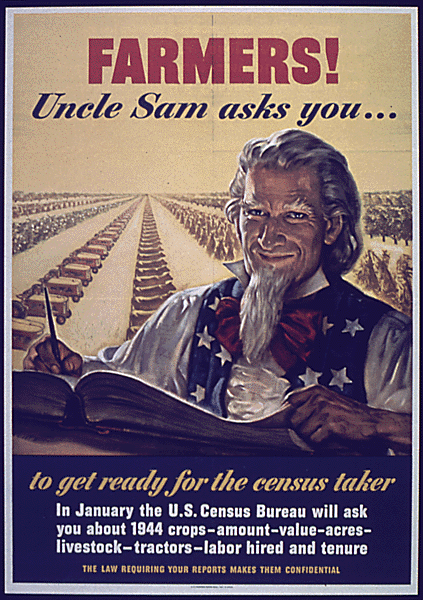Written by Dr. Mike Walden and originally published at NCSU CALS News.
My wife and I have one foot in rural regions and the other in big cities. We were both born and raised in small towns – I in an unincorporated town (meaning it wasn’t big enough to qualify as an official municipality) in Ohio and she in a recognized town (but still tiny) in upstate New York. I have a vague memory of my mother pulling me in a little wagon to the country store for groceries. On the way home, the groceries were in the wagon and I would walk!
But we’ve spent almost the last forty years of our lives living in Raleigh since I joined the faculty at N.C. State in 1978. Although it may not have been when we moved here, Raleigh today is certainly a big city. Indeed, it is recognized as one of the most dynamic big cities in the country.
My wife and I love both cities and the country. That’s one reason North Carolina is so great – it has both busy urban areas as well as tranquil rural regions.
But often the urban and rural areas don’t seem to get along. For example, in the 2016 presidential election, urban areas tended to vote for Secretary Clinton while rural regions favored President Trump. We saw the same urban/rural split in the North Carolina gubernatorial and General Assembly elections.
The urban-rural divide in North Carolina also extends to public policy. Here are two examples. Local public schools are partially supported by local property tax revenues. Since property values per resident are often higher in urban counties than in rural counties, there’s been a long-running debate whether this wealth disparity gives urban counties an unfair advantage in funding public schools.
The second example is sales taxes. Part of the sales tax revenues collected by the state are returned to the counties, but there’s an issue over how to do this. Should the distribution to counties be based on where the sales occurred or where the buyers live? North Carolina has a formula using both factors, but there’s frequently a debate about the relative importance of each in the formula. Indeed, legislation was introduced this year in the General Assembly to change the formula.
Has the urban-rural feud gotten worse? Some say three powerful forces – globalization, the elevation of education’s importance and population trends – have moved urban and rural areas farther apart in recent decades.

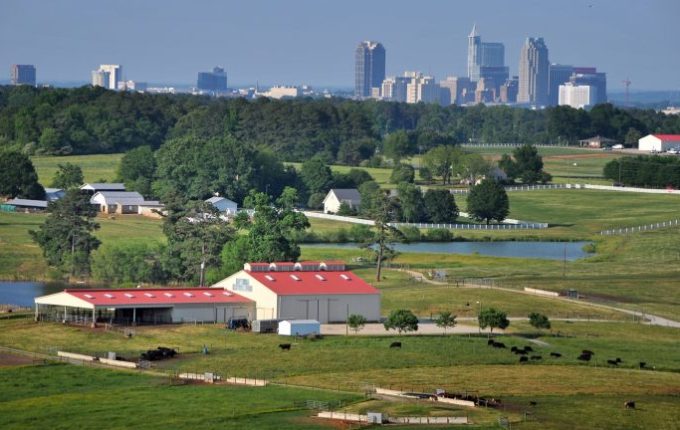
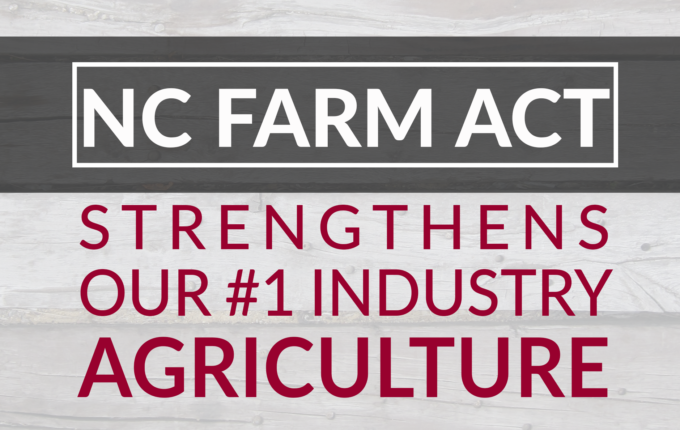



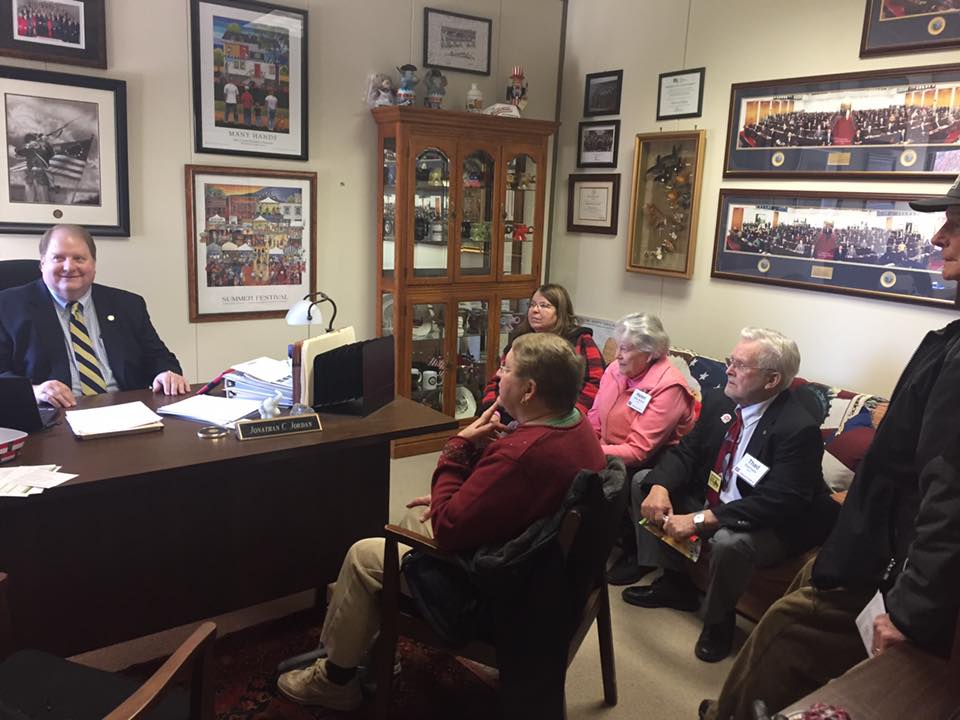


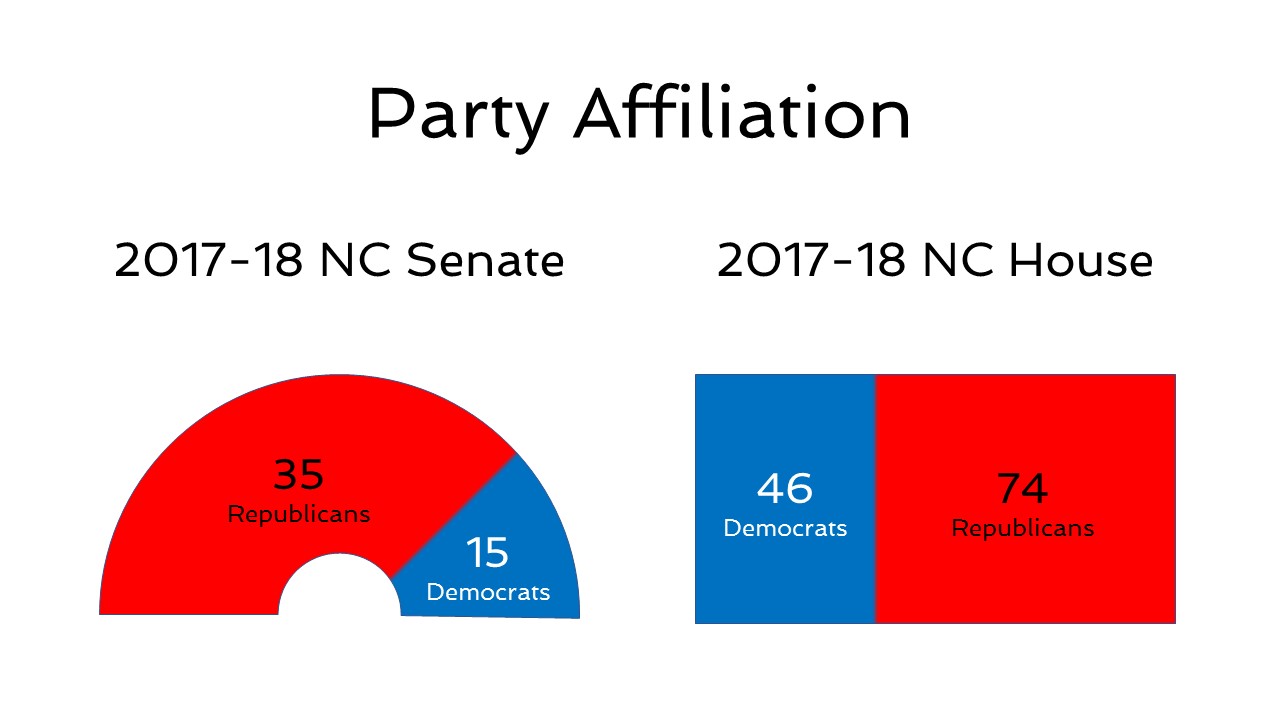
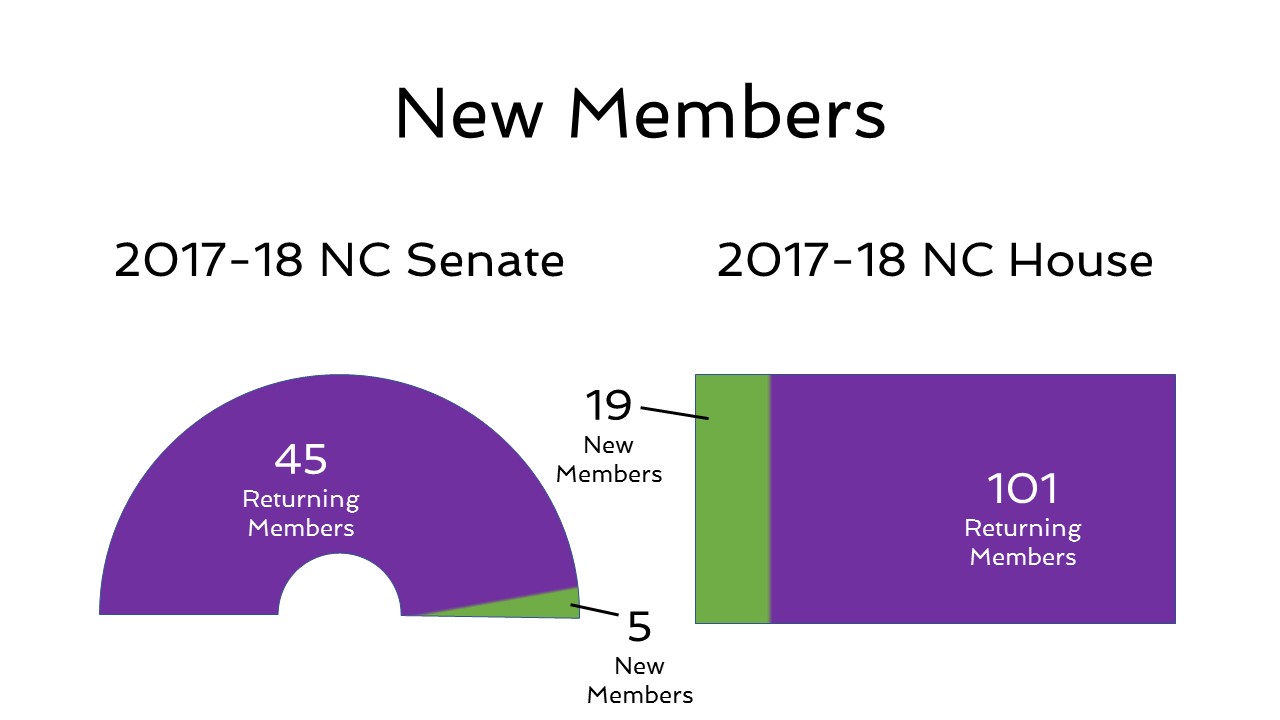 Demographic information is important to understanding the composition of the legislature. Instead of looking at the usual race or gender breakdown, we decided to take a look at another bit of demographic information: occupation. Based on
Demographic information is important to understanding the composition of the legislature. Instead of looking at the usual race or gender breakdown, we decided to take a look at another bit of demographic information: occupation. Based on 